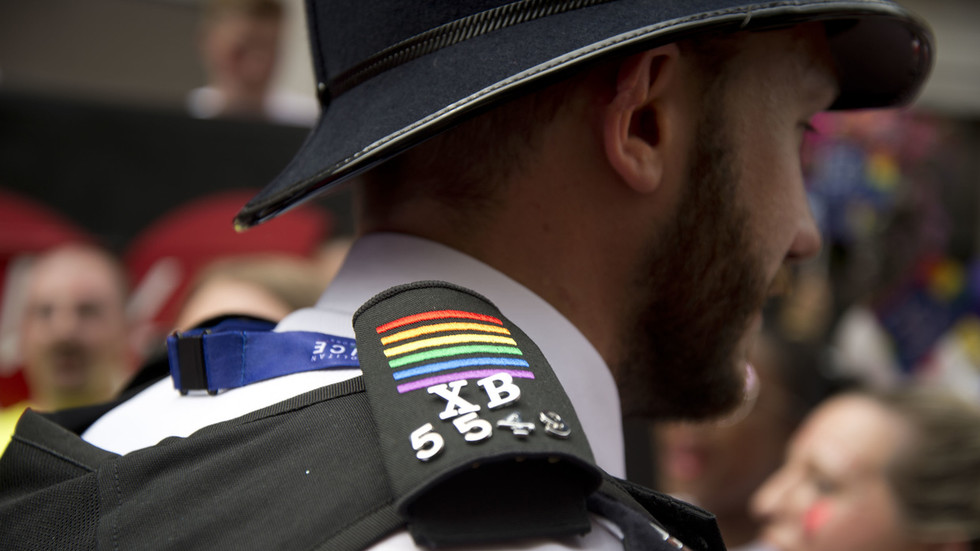The firemen have been doing it for so long they have no idea. Most of them have never even read a book. Except one fireman—Captain Beatty—who has been around long enough to remember what life was like before. As Montag begins to doubt his profession—going as far as to hide a book in his house—he is subjected to a speech from Beatty. In it Beatty explains that it wasn’t the government that decided that books were a threat. It was his fellow citizens.
“It didn’t come from the government down,” he tells him. “There was no dictum, no declaration, no censorship, to start with, no!”
In fact, it was something rather simple—something that should sound very familiar. It was a desire not to offend—of an earnest notion to literally have “everyone made equal.” And it’s at the end of this speech that we get the killer passage:
“You must understand that our civilization is so vast that we can’t have our minorities upset and stirred. Ask yourself, What do we want in this country above all? People want to be happy, isn’t that right?…Colored people don’t like Little Black Sambo. Burn it. White people don’t feel good about Uncle Tom’s Cabin. Burn it. Someone’s written a book on tobacco and cancer of the lungs? The cigarette people are weeping? Burn the book. Serenity, Montag. Peace, Montag. Take your fight outside. Better yet, to the incinerator.”
And before you get offended, let’s clarify what Bradbury means by minorities. He’s not talking about race. He’s talking about it in the same way that Madison and Hamilton did in the Federalist Papers. He’s speaking about small, interested groups who try to force the rest of the majority to adhere to the minority’s set of beliefs.

 www.rt.com
www.rt.com




 The PC crowd doesn't like Peterson at all and try to twist his words at every turn.
The PC crowd doesn't like Peterson at all and try to twist his words at every turn.